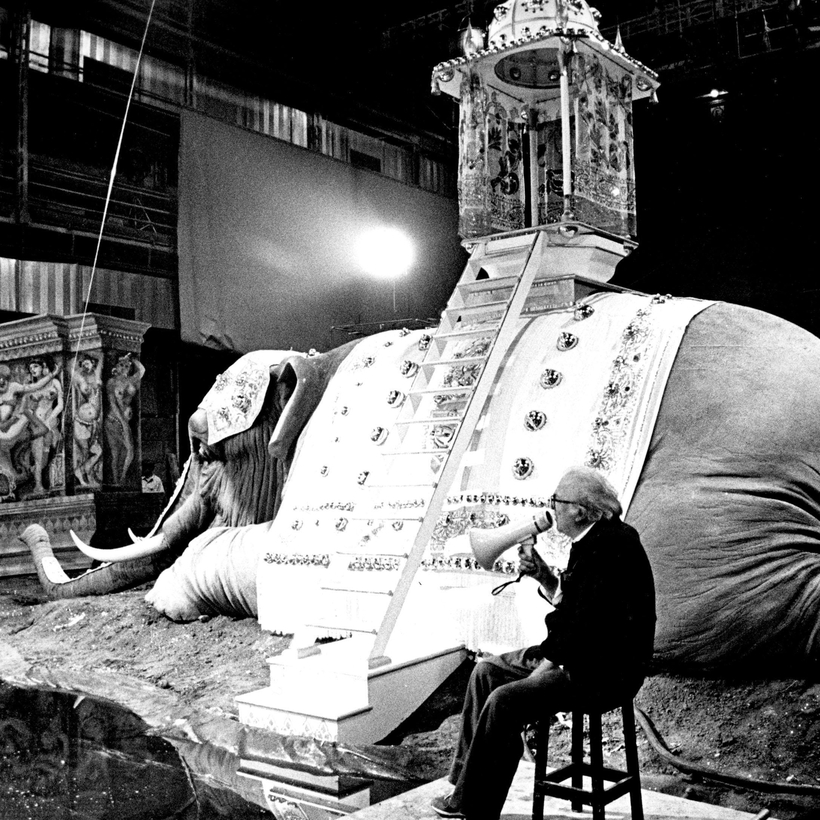Film feeds hungrily on literary texts: novels, short stories, biographies, memoirs, newspaper columns and articles — and comic books. In the way that cannibals eat the brains of their enemies to make themselves stronger, film does the same, seemingly oddly reluctant to trust original, invented narratives; seemingly uneasy about allowing its art form the freedom of its own unique integrity. Consequently film borrows the majority of its narratives from elsewhere — narratives that have already proved themselves in various ways. As a rough calculation I would estimate that three quarters of the films made in any given year are adapted from another literary source.
My own experience is typical. Of the 20 produced films, short films and television series based on my screenplays, 14 are adaptations. I have adapted novels by Evelyn Waugh (Scoop, the Sword of Honour trilogy), Mario Vargas Llosa (Aunt Julia and the Scriptwriter) and Joyce Cary (Mister Johnson). Not to mention adapting the lives of Charlie Chaplin and William Shakespeare and five of my own novels and three short stories. Adaptation is far and away the dominant form — original screenplays are inevitably the poor cousin, it appears.

